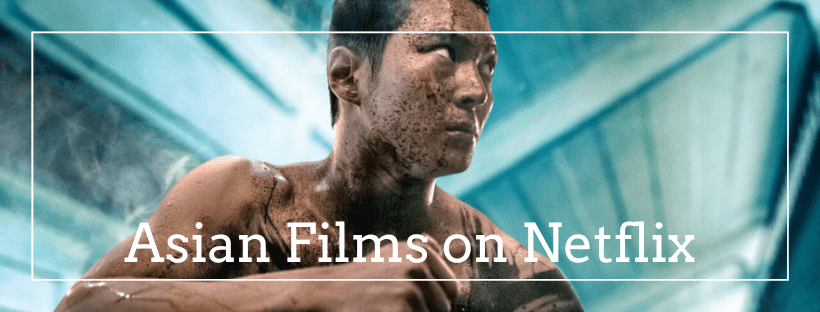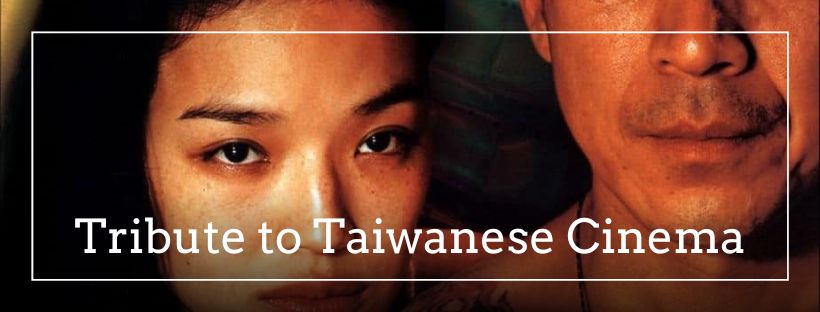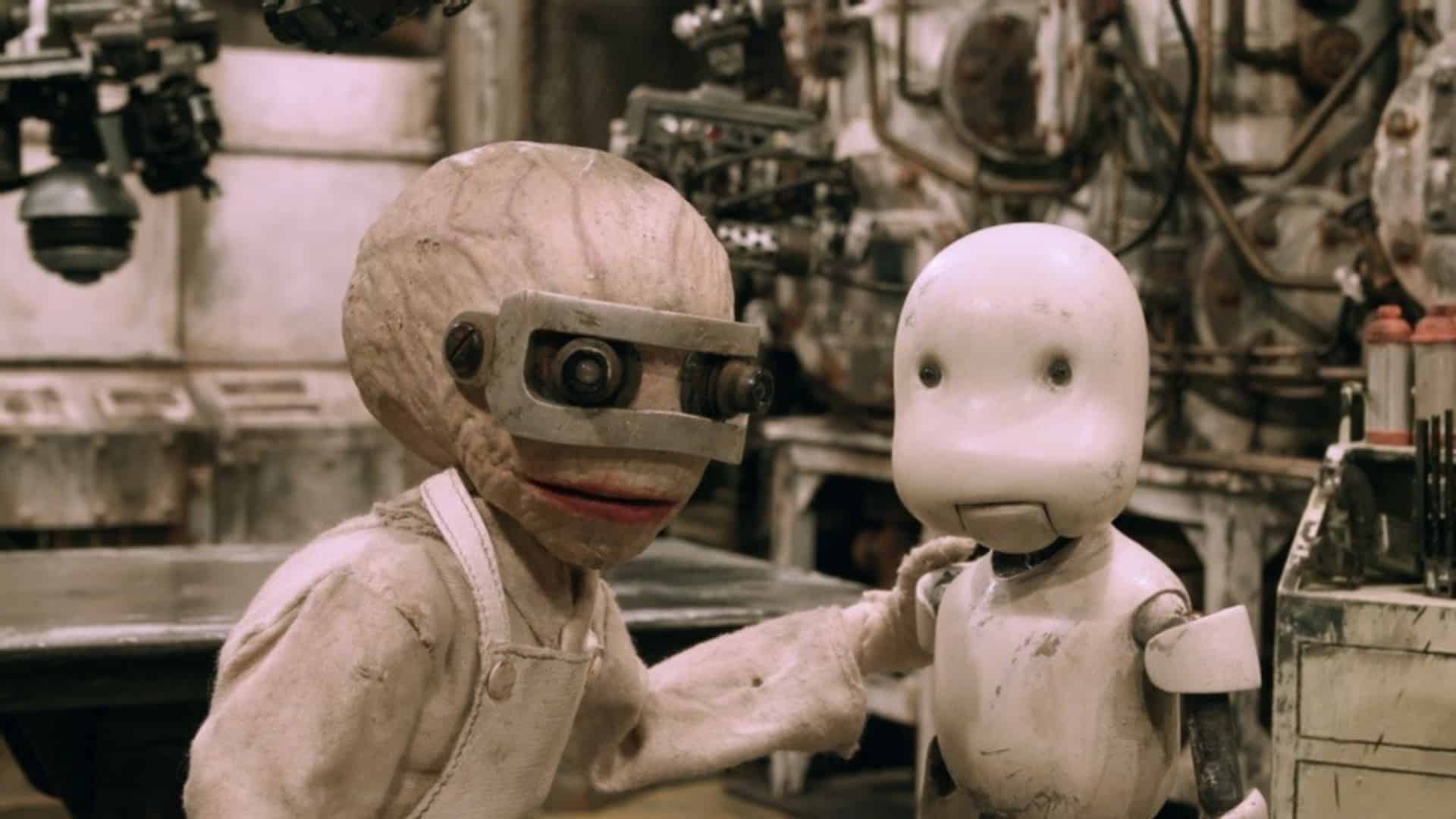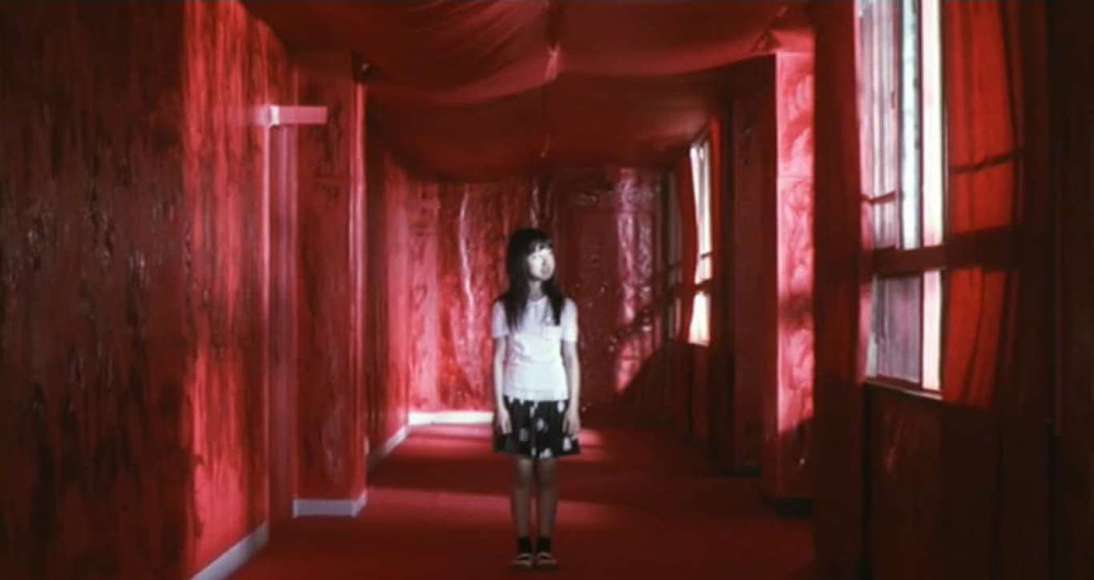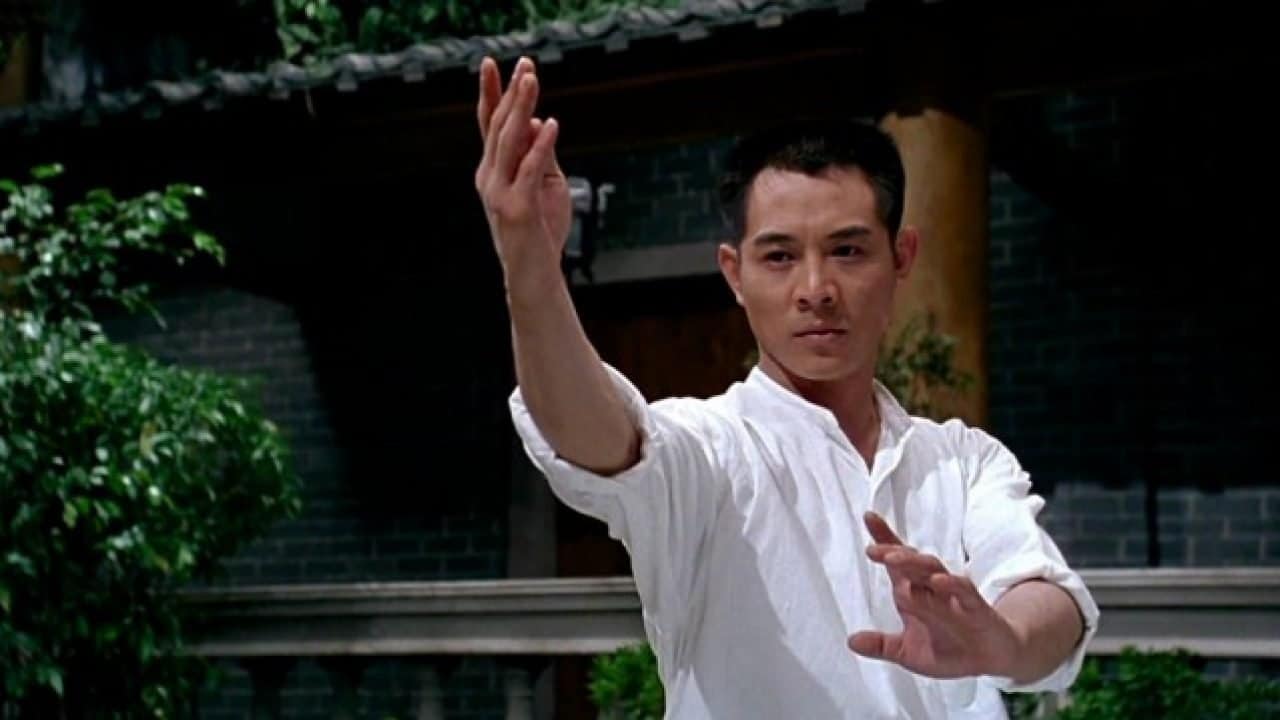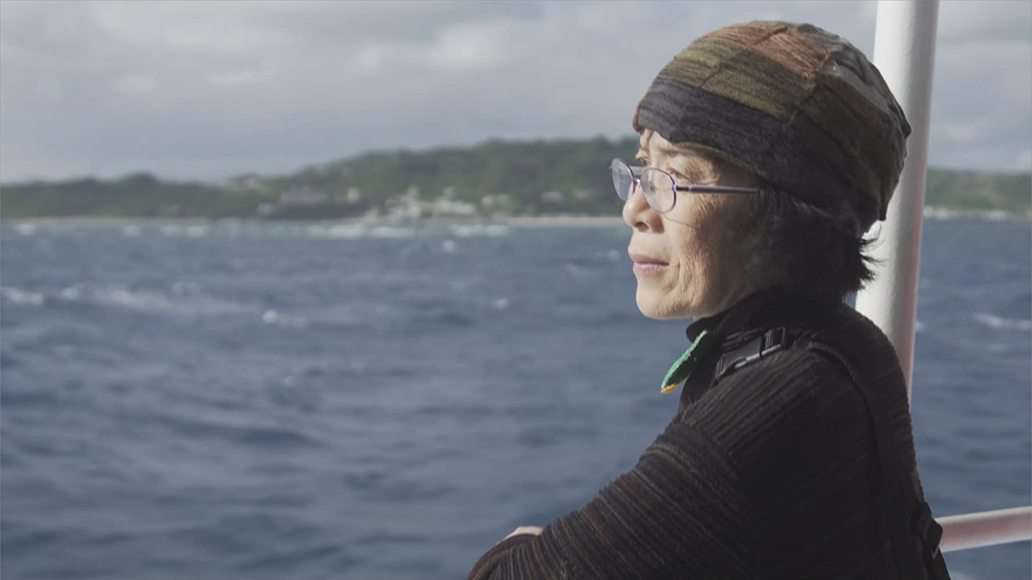Back in 2010 in Hong Kong, Wong Ching-po shot the cult “Revenge: A Love Story”, about a man that kills pregnant women, taking away their unborn babies. His later works, however, were mostly martial arts/action movies that definitely did not reach the standards of the aforementioned. That is until this year and “The Pig, the Snake and the Pigeon” which seems to bring him back to the CAT III space that he thrived, this time, though, in a Taiwanese production.
The film shows its colors from the beginning. Chen Kui-lin, a notorious hitman in the criminal underworld, infiltrates a funeral and shoots down a high-ranking gang boss, amidst a huge crowd of his ‘underlings'. As he runs to escape, he stumbles upon detective Chen Hui, who was surveilling the boss, and ends up chasing the perpetrator. The two engage in a brutal fight, which ends up with the policeman losing an eye, and the criminal escaping with minor injuries. Four years later, Dr Chang, a pharmacist and doctor who cooperates with people from the underworld, informs the long-hiding Kui-lin that his beloved grandmother has died and that he has terminal lung cancer, and urges him to surrender to at least die with dignity.
A series of events, however, have the fugitive finding out that he is now the number 3 ranking criminal in the country, and deciding that the way he has to die is by killing the other two and gaining top spot once more. Soon, he goes after Hongkie and Bullhead, meets Hsiao-mei, who is being exploited by the former, and ends up in a cult.
One of the most difficult things Wong Chin-po had to do with his film is to make his audience like (empathize even) a character who is essentially a serial killer (for hire). And just like “Revenge”, he succeeds through a number of ways. The first is obviously the concept of the loving grandmother who dies, his terminal disease, as much as his overall fugitive situation, which definitely has him in shambles in a number of levels. Even more so, though, is the fact that the people he ends up fighting are quite worse than him. Hongkie is a brutal sociopath who attacks even his subordinates for the slightest of reasons, while exploiting Hsiao-mei sexually (raping one could say) in order to help her with her mother that is in prison. The one who is truly despicable, however, is definitely the cult leader, whose manipulation of his weak-minded followers and his overall practices makes him probably the worst individual in the whole story.
At the same time, the presentation of these two villains thrives on two additional levels. The first is evidently the acting, with Ben Yuen as Hongkie playing the Cantonese speaking, sociopathic brute to appalling perfection. Even more impressive is Chen Yi-wen's performance as ‘His Holiness', with the way he gradually reveals his hidden villainy being a true wonder to watch, in another excellent performance by the veteran.
The visual presentation of the last part is also excellent, with Jimmy Wong's cinematography turning too bright and shiny for the first time, only for Wong to show that evil sometimes hides in this type of setting, and that the people who appear benevolent can sometimes be the truly worst. Furthermore, the comic-like murder scene is where the black humor of the movie finds its apogee, in a style that reminds of “I'm a Cyborg, But That's Ok”. At the same time, the twist included in this arc as much as the way the story proceeds from then on are also great, cementing the entertainment the movie offers, while the protagonist's last look is the most fitting finale.
Scott Hung won an award for Best Action Choreography in the Golden Horse Film Festival and it is easy to say that this was well-rewarded. The action scenes in the movie, particularly the two one-on-ones, are as intricate as are brutal, and although one would probably want a rematch of the first, the quality of the ones present definitely compensates, in one of the movie's best aspects.
Ethan Juan is captivating to watch as both a bloodthirsty killer and a poor young man who is sad for his grandmother's death and tries to help Hsiao-mei and the cult followers. Where the movie suffers, though, is definitely the female roles, maybe with the exception of Cherry Hsieh as Kuei-ching, who does get an opportunity to show her range, particularly close to the finale. Jingle Wang, on the other hand, seems to be there just to add a beautiful female presence in the movie, with the same applying to Peggy Tseng, who plays the number 2 in the cult.
The other issues of the movie concern the ending, which does border somewhat on the melodramatic and drags significantly on occasion, and the fact that the story, as was usually the case in HK action films, does not stand up to any scrutiny, with the holes found in abundance. Both these issues, however, are actually lost in the overall quality of rest of the filmic aspects of the title. Also worth mentioning is Wong Ching-po's own editing, which results in a pace that is occasionally frantic, occasionally slower, fitting the story nicely on each occasion. Lastly, Jimmy Wong's cinematography thrives in the “dark” scenes of the beginning of the movie, with the voyeuristic aspect working quite well in that regard.
“The Pig, The Snake and the Pigeon” is a much welcome return to HK-style action films, in the fashion set by Cheang Pou-soi in “Limbo” and Wong Ching-po in “Revenge: A Love Story”, although in less brutal fashion. Fans of this type of movies will definitely have a blast with this one.



